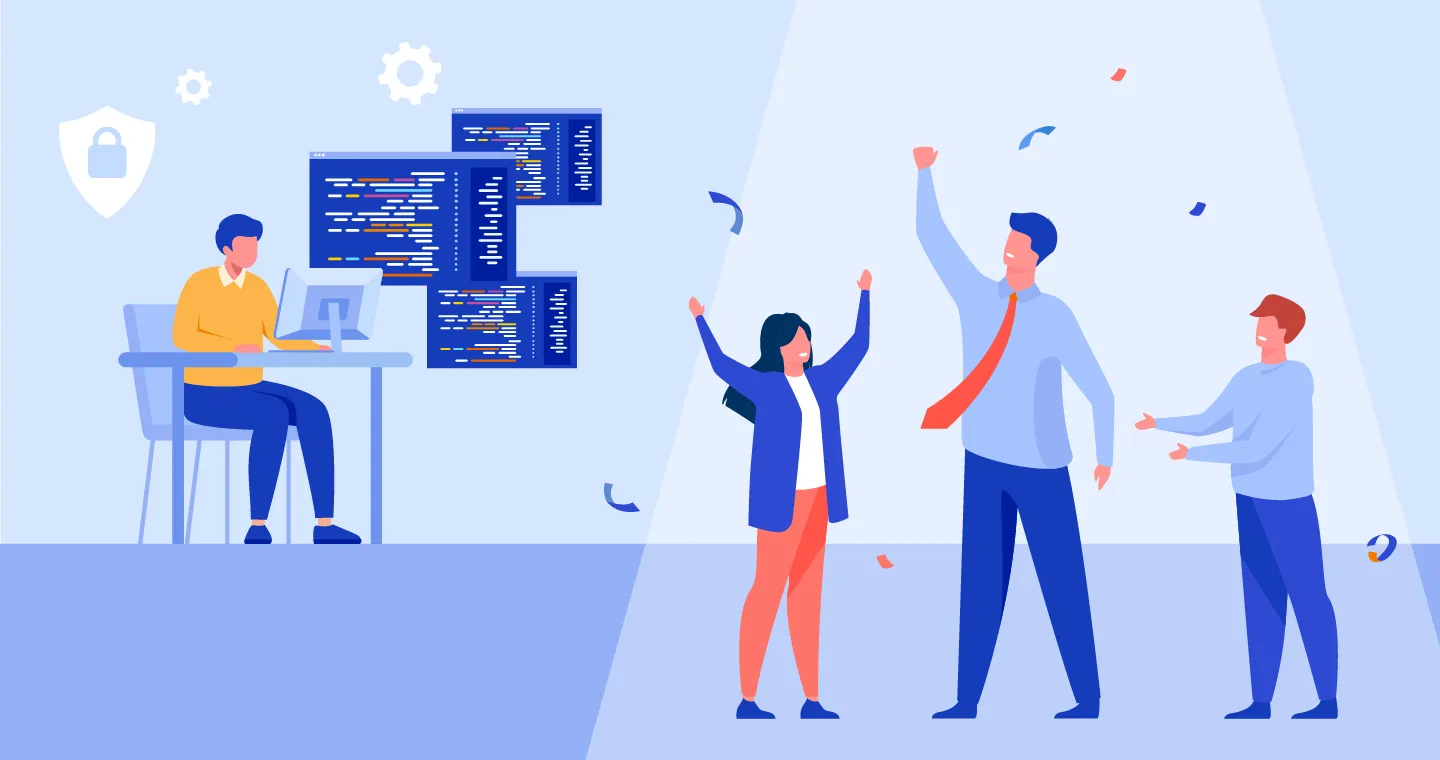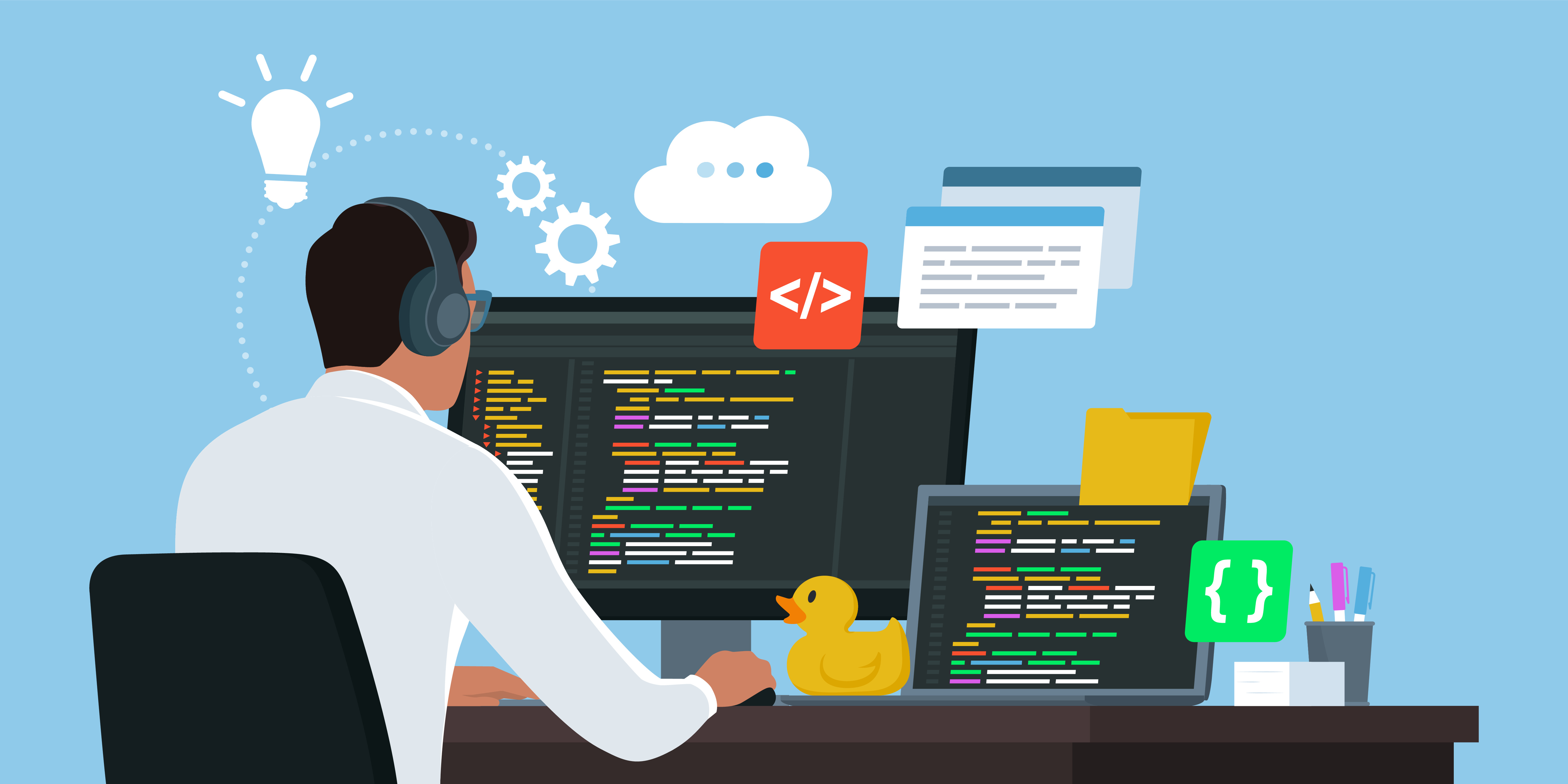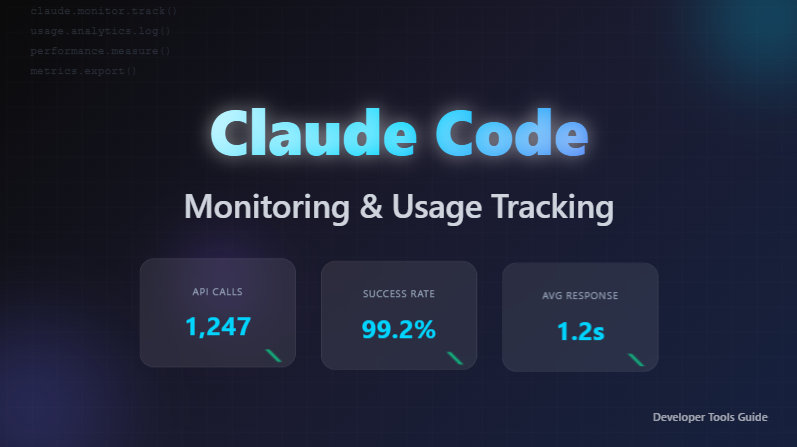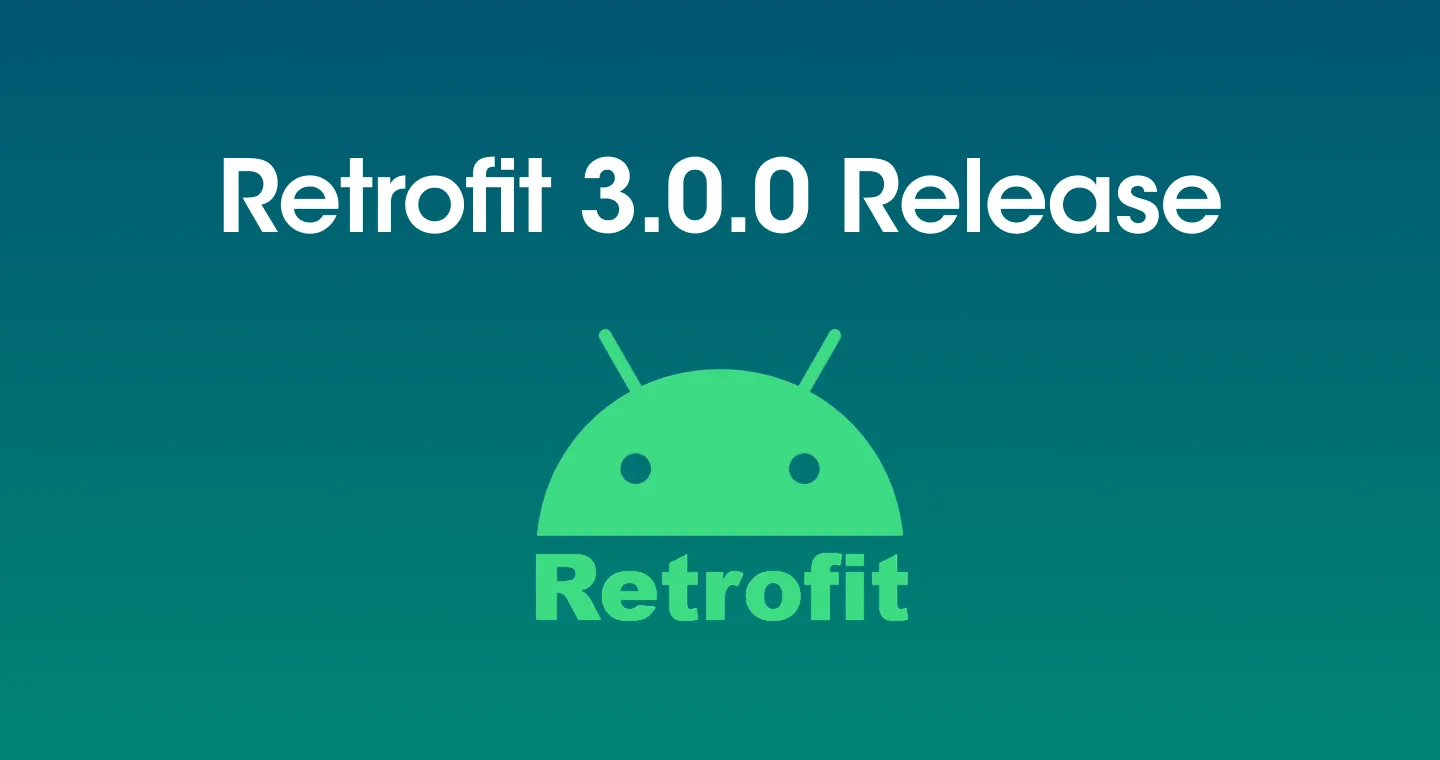
This article was written for those preparing to become programmers, but it also covers content that can be applied to various fields. Based on 30 years of programming practice and teaching experience, I've compiled the key strategies that job-ready students need.
1. You have to get used to it first
The biggest barriers to learning start with surprisingly small things. However, when these small problems pile up one by one, they fall into an unknown sense of helplessness, and things that were considered insignificant take hold of their feet, making it difficult to even find the root cause. Eventually, many people stop walking because they doubt their talents.
If you look at job-ready students these days, most of them spend a lot of time solving computer science theory or algorithm problems. They're passionate about solving complex problems and learning the latest technology, but they're often flimsy about programming itself. (Here, we refer to programming as the activity of writing a program.) It's like memorizing many recipes to become a chef, but you're really bad at basic knife sharpness and ingredient preparation.
“Everything you're unfamiliar with acts like a brake.
This situation is like trying to move forward with the brakes on.”
To speed up learning, you must first get used to it. Once you have basic things in your body, you'll be able to focus the time and effort that was wasted on trivial matters to solve core problems. It's like when you first learn to ride a bike, you focus on balancing, but once you get used to it, you can just focus on moving forward naturally.
- Mastering key tools: Fully learn the tools and environments required for development. For example, the core functionality of Git and the IDE should be easy to use.
- Intensive repetitive learning: Select one field and programming language and repeat. As you become familiar with the field and language, drawing the big picture becomes easier.

2. I need a 'carrot' for motivation
Strong motivation is necessary to continue learning. The reason many people give up prematurely is due to lack of motivation.
“It's like driving without enough gas.”
You're like a traveler walking through a long tunnel. Even if you're initially full of curiosity and passion, the longer the darkness, the easier it is to get tired and disoriented. What is needed at this time is a “carrot,” or motivational element.
It's easy to get overwhelmed and exhausted just by looking at the end goal. So it's important to reward yourself in the middle or motivate yourself by accomplishing small goals.
- Establishing a personal reward system: Each time you achieve a goal, give yourself a small reward.
- Accumulation of small victories: Achieve big goals by dividing them into small steps. Every time you complete each step, you feel a sense of accomplishment, which is a constant source of motivation.
- Visualize your future self: Vividly depict yourself playing an active role as a programmer. For example, imagine your app being loved by many people or leading a team as a respected developer. These visualizations inspire a passion for learning.
With these motivational strategies, you can make the learning journey enjoyable. At the end of the day, what matters is steadiness, and the key to maintaining that steadiness is in yourself.
3. Find a mentor
“Wise people learn from their own experiences, but smarter people learn from others' experiences.” Oscar Wilde said. An experienced mentor can drastically shorten your learning curve. They are the ones who have already walked the path you want to walk first, so they know very well where difficulties arise and how to overcome them.
👉 What is the mentor's role?
- Providing advice and guidance: Mentors share knowledge and know-how necessary in practice. You can listen to real-life stories that are hard to find in books or on the internet. For example, you can learn things to keep in mind when writing code or how to manage projects.
- Motivation and inspiration: Mentors' stories of success and failure are very inspiring. Through their stories, you can be more passionate about learning. Seeing the mentor's path can give me confidence that “I can do it too.”
- Providing networking opportunities: You can expand your industry connections through mentors. This is very helpful for getting a job or participating in a project. You can get an opportunity to advance into your desired field through an introduction from a mentor.
👉 So how do you find mentors?
- Join an online community: Be active on developer forums and social media. As you post questions and give and receive answers, you can naturally form relationships. For example, if you actively participate on GitHub or Stack Overflow, you can connect with people who have expertise and passion.
- Attend offline meetings: Interact directly with current employees by participating in hackathons, technical seminars, and meetups. If you meet and talk in person, you can build a deeper relationship. In addition to finding mentors at these meetings, you can grow by collaborating with peers.
- Use training programs: Find courses with mentoring programs. You can receive structured guidance through a formal mentoring system. Take advantage of mentoring programs offered by universities and coding bootcamps.

4. Participate in a real project
Beginners who are preparing to get a job are like people who only learned how to swim from books. Theoretically, I know how to swim, but if I just get into the water, I can't figure out what to do.
In this way, there is a bigger difference between theory and practice than you might think. This is because there are many things in practice that cannot be understood from books or lectures. Therefore, participating in an actual project is very important. This is because there are things you can only learn through direct experience.
“A practical experience is worth more than a hundred books.”
👉 How can I participate?
- Contributing to open source: Contribute to open source projects on platforms like GitHub. You can start with small bug fixes or documentation improvements. Don't think it's too difficult. This allows you to experience ways of collaborating, code review processes, and how to communicate with other developers.
- Start a side project: Create a project with a topic that interests you personally. You can learn many things in the process of planning and completing your own, such as app development and website creation.
- Using an internship: Apply for a corporate internship program to experience real work. You can develop practical competencies by working with practitioners.
👉 What are the benefits of participating in a real project?
- Practical application of theory: You can improve your understanding by actually applying the knowledge you've learned.
- Improved problem-solving skills: Problem-solving skills are improved in the process of meeting and solving unexpected problems.
- Strengthening portfolios: You can show your abilities by including participating projects in your portfolio.
- Accumulate collaboration experience: You can learn how to work with others and improve teamwork.
At the end of the article
The path of programming is like a marathon. It's not a short race; it's a journey that takes a long breath. However, with a smart strategy and the right approach, this journey can be shortened efficiently. If you remember and execute the 4 things I mentioned in this article, I think you'll be the developer you want. We hope you will create your own success story, and we sincerely support your career success!
.svg)






